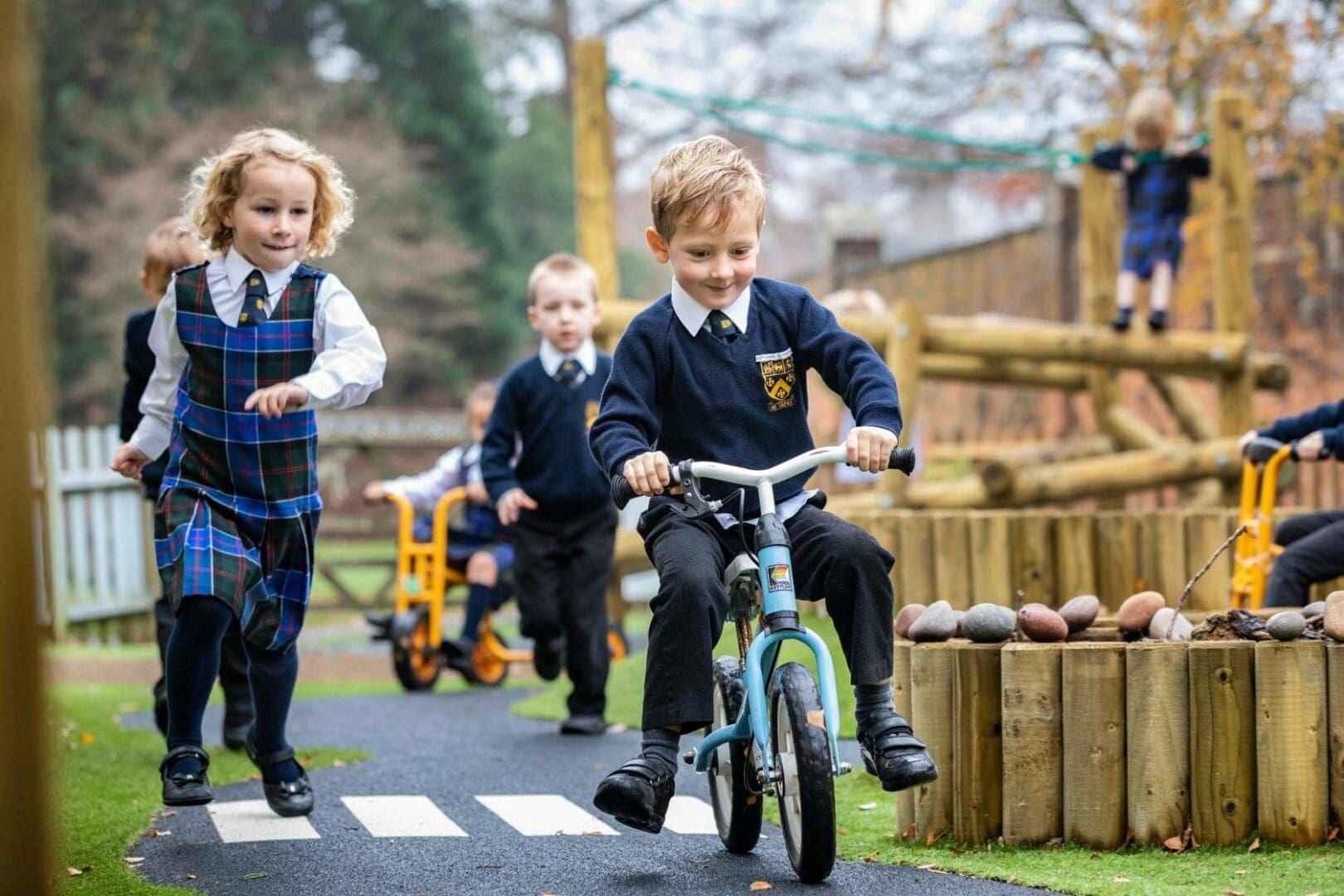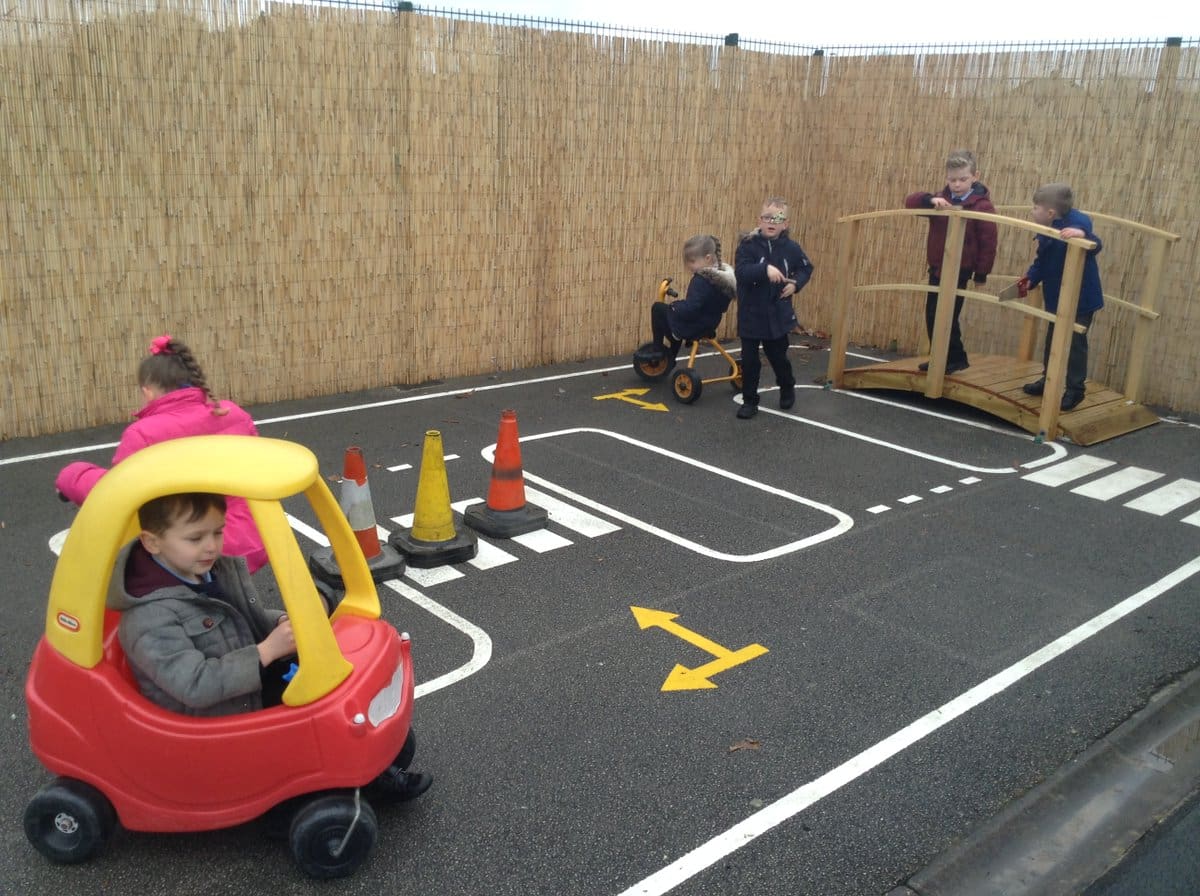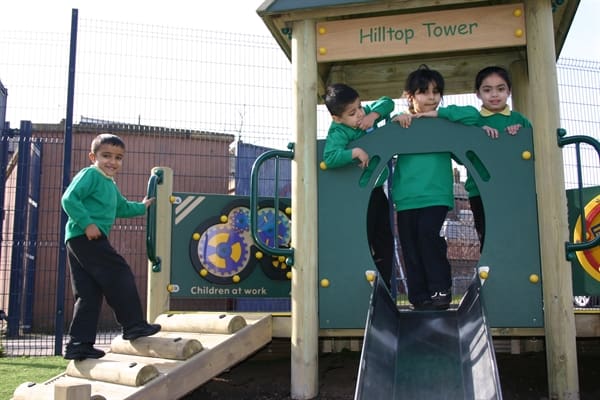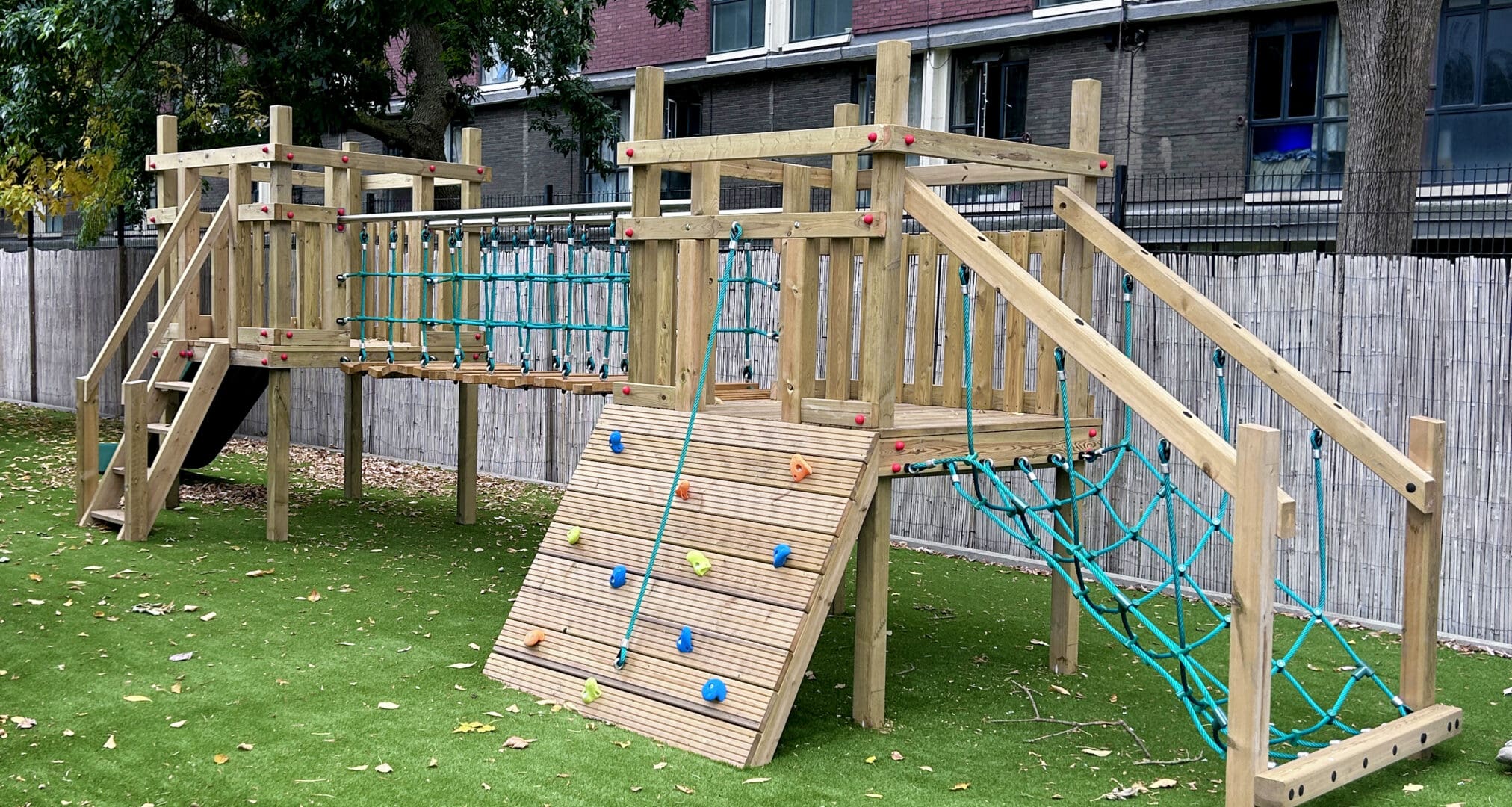Play Safety Week (9th-15th September)
Play Safety Week is designed to bring together not only schools but organisations, and families to focus on the importance of play safety. This event provides an opportunity to educate, celebrate, and engage in meaningful discussions about what play safety truly entails.
During Play Safety Week, the emphasis is placed on having a better understanding and attitudes towards risk, supervision, and the prevention of accidents. The goal is to enhance the quality of play experiences for children by challenging and correcting widespread misconceptions about play safety.
The week also focuses on educating those who manage play areas, like schools and equipment owners, about the importance of using the right equipment and maintaining it properly. By doing so, Play Safety Week helps ensure that children can enjoy safe and fun play environments.
The week also focuses on educating those who manage play areas, such as schools and equipment owners, about the importance of using the right equipment and maintaining it properly. Common questions often arise around playground safety, such as: “What safety standards and regulations do we need to comply with?” “How often should the playground be inspected for safety and maintenance?” and “What safety features should be included in the playground?”
Play Safety Week addresses these concerns by emphasizing the need to adhere to playground safety standards, conduct regular playground safety inspections, and comply with playground regulations such as BS EN 1176 & 1177. By addressing these key areas, the initiative helps ensure that children can enjoy safe and fun play environments.



Here are some key tips to help maintain a secure and fun play environment:
1. Keep Your Playground Clean and Tidy
Regularly cleaning up debris, litter, and clutter helps prevent tripping hazards. A clean playground also ensures children can play in a safe and welcoming environment while preserving the quality of the materials.
2. Ensure Regular Playground Safety Inspections by an RPII-Certified Inspector
Schedule routine inspections by a certified Register of Play Inspectors International (RPII) professional to ensure your playground meets playground safety standards. In addition, playground equipment owners should carry out regular playground maintenance themselves to catch smaller issues before they become larger safety risks.
3. Make Sure Children Are Using Age-Appropriate Equipment
Ensure that children are using play equipment designed for their age and skill level. Play areas should clearly define equipment intended for different age groups to reduce the risk of injury.
4. Install Safety Surfacing That Follows EN BS 1177 Standards
Installing durable playground materials, especially safety surfacing like rubber mulch or soft turf, is critical to reducing the impact of falls. We follow EN BS 1177 standards to ensure the safety surfacing meets the highest quality and safety regulations.
5. Adults Should Supervise Play
Adult supervision is crucial for promoting safe behavior and preventing accidents. Make sure that children are being watched during play to step in when necessary and ensure the equipment is being used properly.
By adhering to these tips and following playground safety standards, you can create a safe, fun environment that encourages healthy, active play
